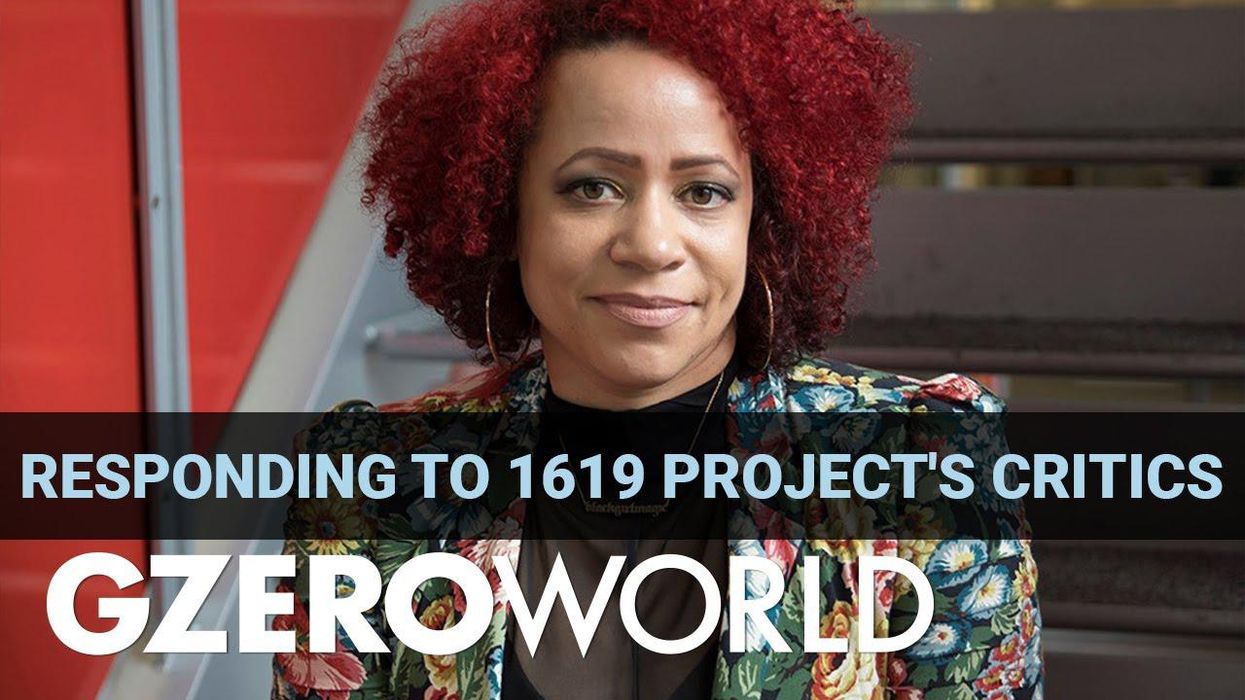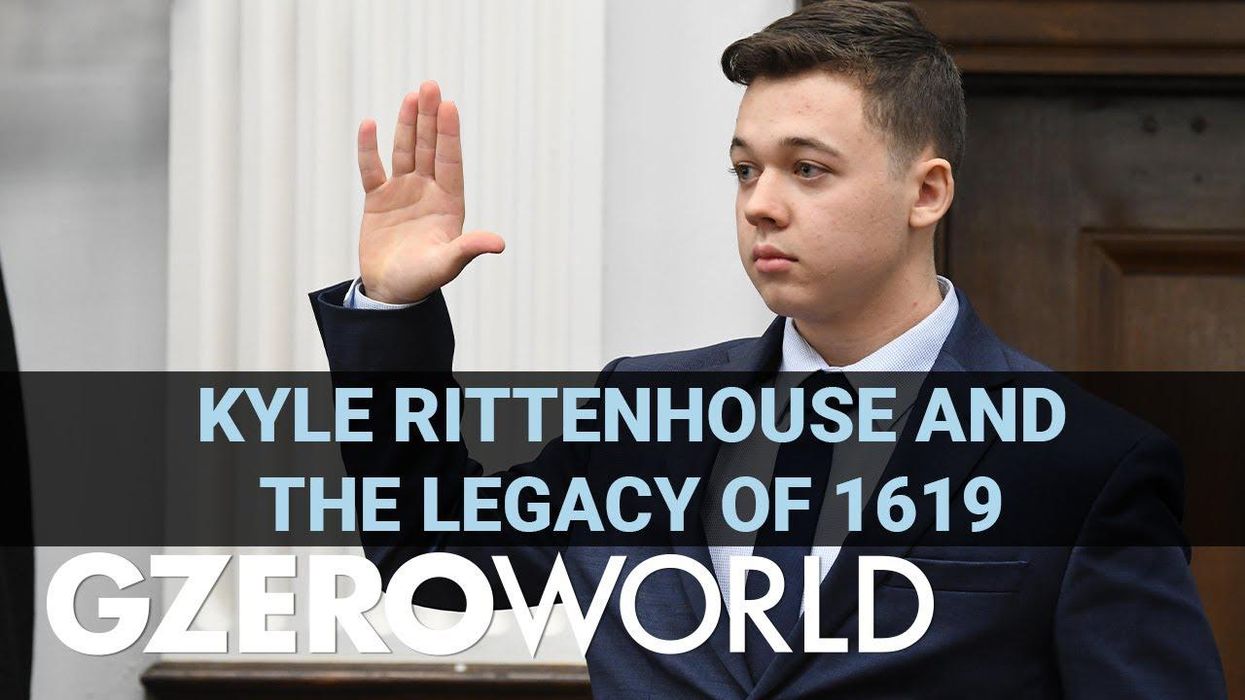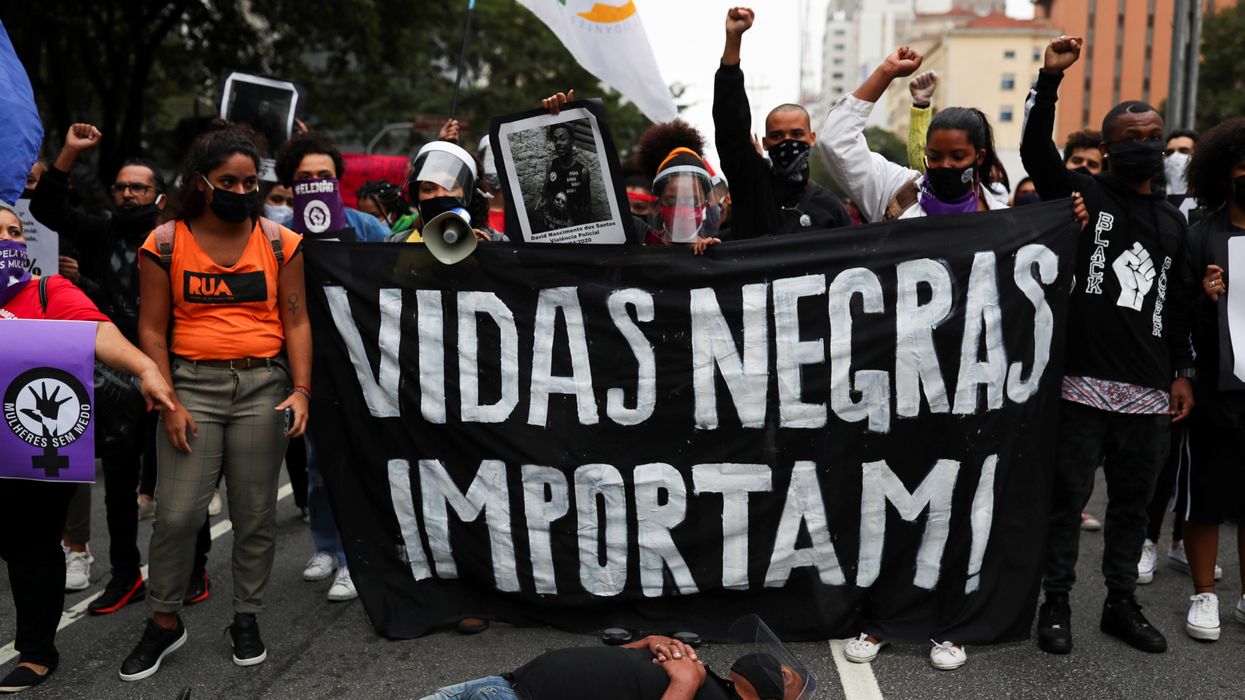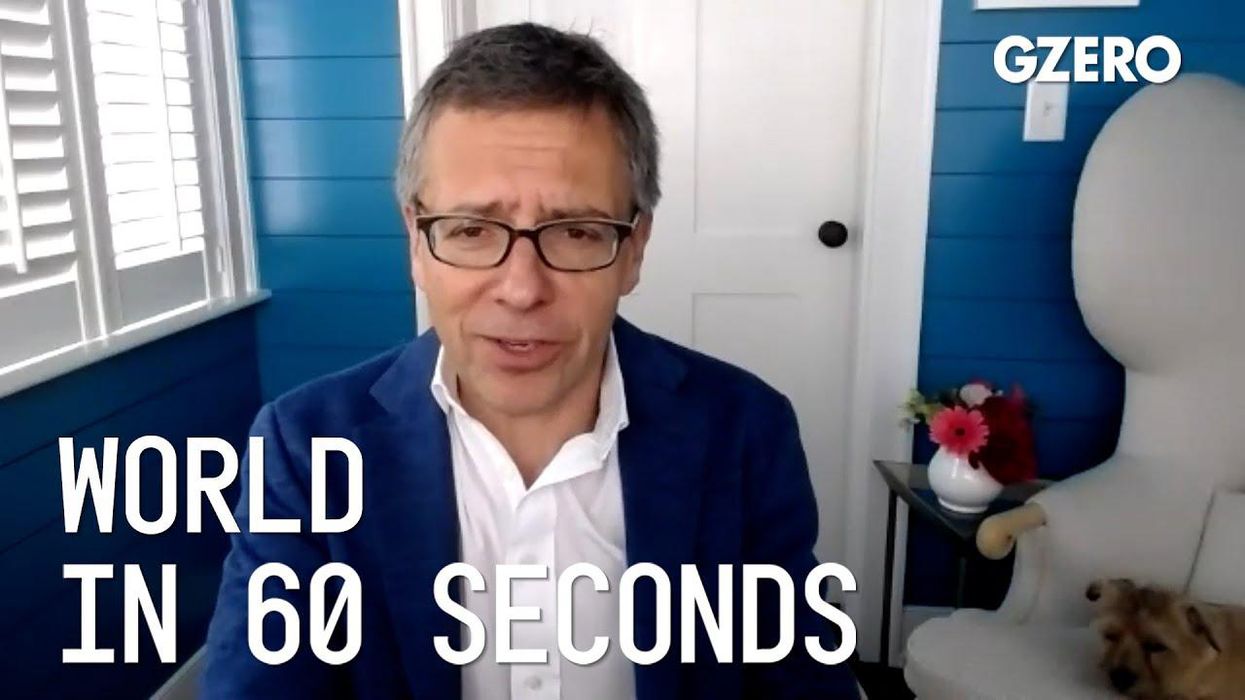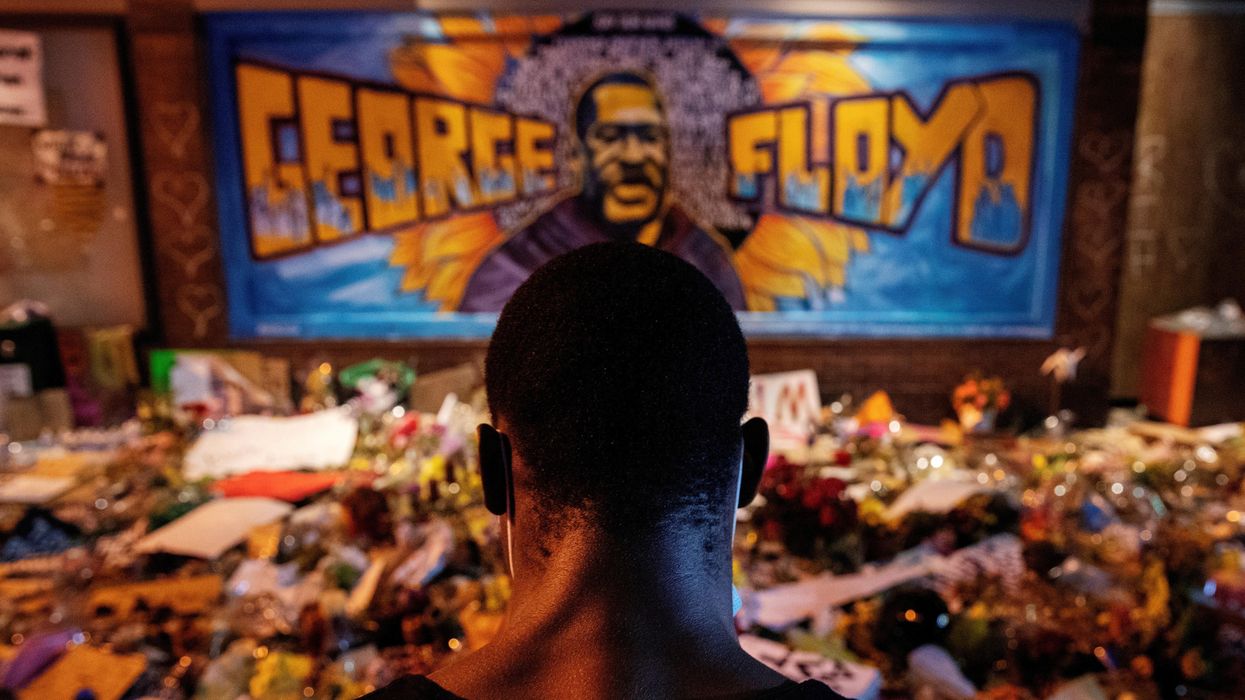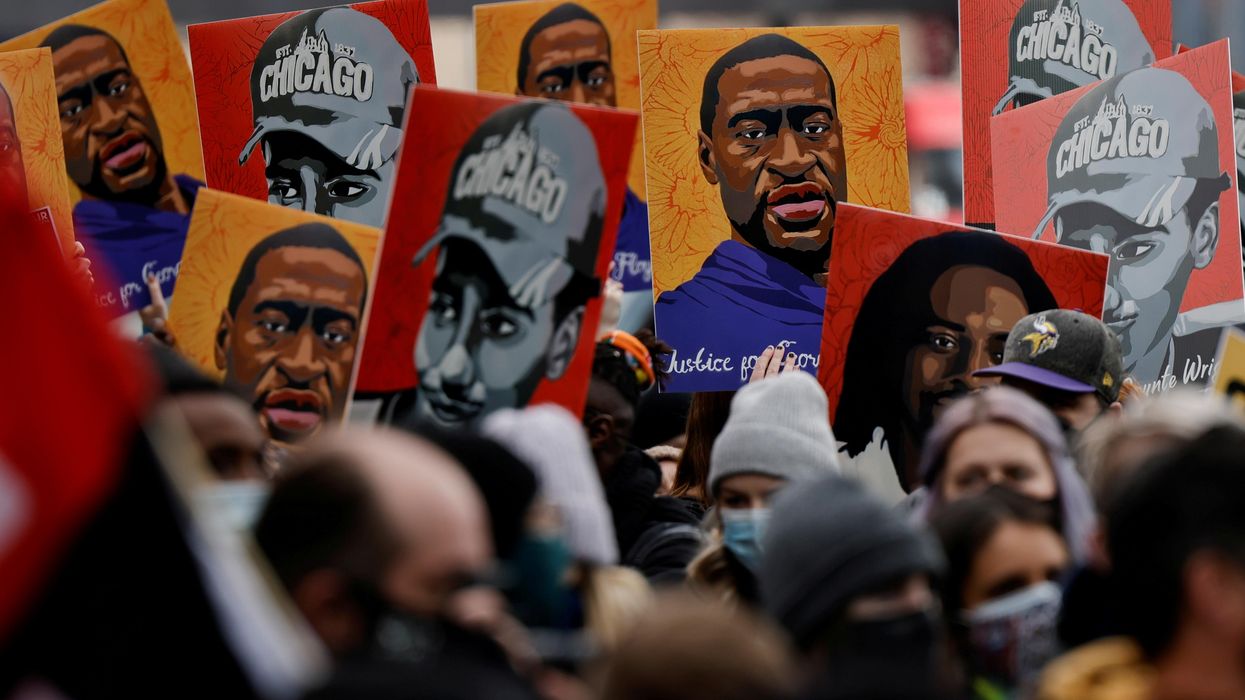News
Violent protests in France keep Macron at home
French President Emmanuel Macron was forced to cancel a state visit to Germany on Sunday – which would have been the first such event in 23 years – as riots continued across France. The now out-of-control situation was sparked by the June 27 killing of a young Arab man by a cop at a traffic stop in a Parisian suburb.
Jul 02, 2023

